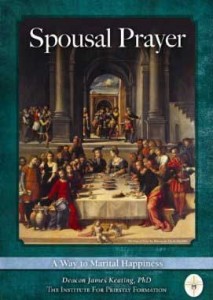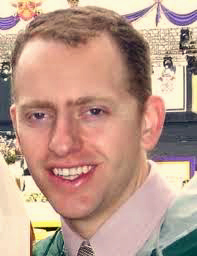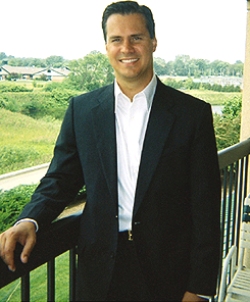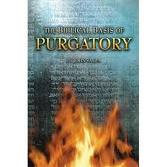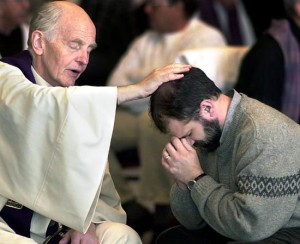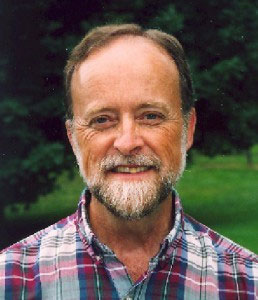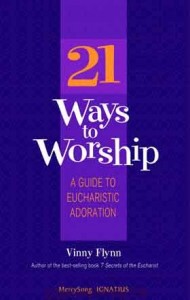Podcast: Play in new window | Download (Duration: 29:32 — 20.3MB) | Embed
Subscribe: Apple Podcasts | Spotify | Amazon Music | Android | Pandora | iHeartRadio | JioSaavn | Podchaser | Gaana | Podcast Index | Email | TuneIn | Deezer | Anghami | RSS | More

Understanding Marriage and Priesthood – “What am I to do?” The Discernment of God’s Will in Everyday Decisions with Fr. Timothy Gallagher
Fr. Timothy Gallagher and Kris McGregor discuss the discernment of vocations, focusing primarily on marriage and priesthood/religious life. Marriage is a natural vocation inherent in human nature, while priesthood and religious life are supernatural callings. Fr. Gallagher notes that both vocations entail a spousal gift of self and fruitfulness, whether through physical or spiritual means.
Using various stories, Fr. Gallagher showcases how some individuals inherently know their vocation to marriage without doubt, while others discern it through experiences and a deepening understanding of Christian marriage, advising those discerning marriage to deepen their Christian formation and human maturity.
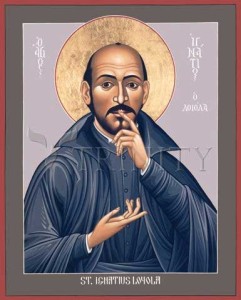 Discerning Hearts Reflection Questions:
Discerning Hearts Reflection Questions:
- Reflecting on the Nature of Vocations: How does Fr. Gallagher describe the distinction between natural vocations, such as marriage, and supernatural callings, like priesthood or religious life? How does he emphasize the importance of understanding these distinctions in discernment?
- Understanding the Sacrament of Marriage: What insights does Fr. Gallagher offer regarding the sacramentality of marriage? How does he explain the significance of marriage as a symbol of Christ’s love for the Church?
- Discerning the Call to Marriage: Based on the examples provided by Fr. Gallagher, what are some indicators that suggest an individual may be called to the vocation of marriage? How does he suggest deepening one’s understanding of marriage as a vocation?
- Deepening Christian Consciousness of Marriage: Fr. Gallagher emphasizes the importance of transitioning from a secular understanding of marriage to a Christian consciousness. How can individuals cultivate this deeper understanding, and why is it crucial in the discernment process?
- Growing in Human Formation: In what ways does Fr. Gallagher suggest individuals can grow in their emotional and human maturity? How might this growth contribute to a healthier and more fulfilling marriage?
- Gratitude for Vocations: Reflecting on Fr. Gallagher’s closing remarks, how can we express gratitude for the vocation of marriage and the gift of life provided by our parents? How does this gratitude inform our understanding of marriage as a call to holiness within the Church?
From The Discernment of God’s Will in Everyday Decisions:
“Three Times in which a Sound and Good Choice May Be Made
The first time is when God Our Lord so moves and attracts the will that, without doubting or being able to doubt, the devout soul follows what is shown to it, as St. Paul and St. Matthew did in following Christ our Lord.
The second time is when sufficient clarity and understanding is received through experience of consolations and desolations, and through experience of discernment of different spirits.
The third time is one of tranquility, when one considers first for what purpose man is born, that is, to praise God our Lord and save his soul, and, desiring this, chooses as a means to this end some life or state within the bounds of the Church, so that he may be helped in the service of his Lord and the salvation of his soul. I said a tranquil time, that is, when the soul is not agitated by different spirits, and uses its natural powers freely and tranquilly.
If the choice is not made in the first or second time, two ways of making it in this third time are given below.”
Father Timothy M. Gallagher, O.M.V., was ordained in 1979 as a member of the Oblates of the Virgin Mary, a religious community dedicated to retreats and spiritual formation according to the Spiritual Exercises of St. Ignatius. Fr. Gallagher is featured on the EWTN series “Living the Discerning Life: The Spiritual Teachings of St. Ignatius of Loyola”. For more information on how to obtain copies of Fr. Gallaghers’s various books and audio which are available for purchase, please visit his website: frtimothygallagher.org

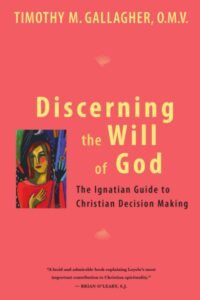

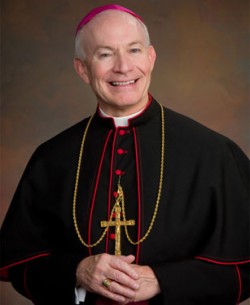 Archbishop Lucas offers insights on the US Catholic Catechism for Adults Chapter 17:
Archbishop Lucas offers insights on the US Catholic Catechism for Adults Chapter 17: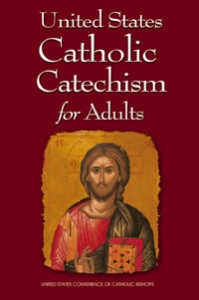 For other episodes in the visit our
For other episodes in the visit our 

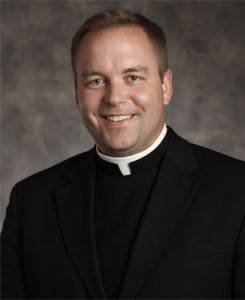 This is talk 1 of a 2-part presentation on “Spousal Prayer – A Way to Marital Happiness” based on the book by Deacon James Keating Ph.D. as offered by the
This is talk 1 of a 2-part presentation on “Spousal Prayer – A Way to Marital Happiness” based on the book by Deacon James Keating Ph.D. as offered by the 

